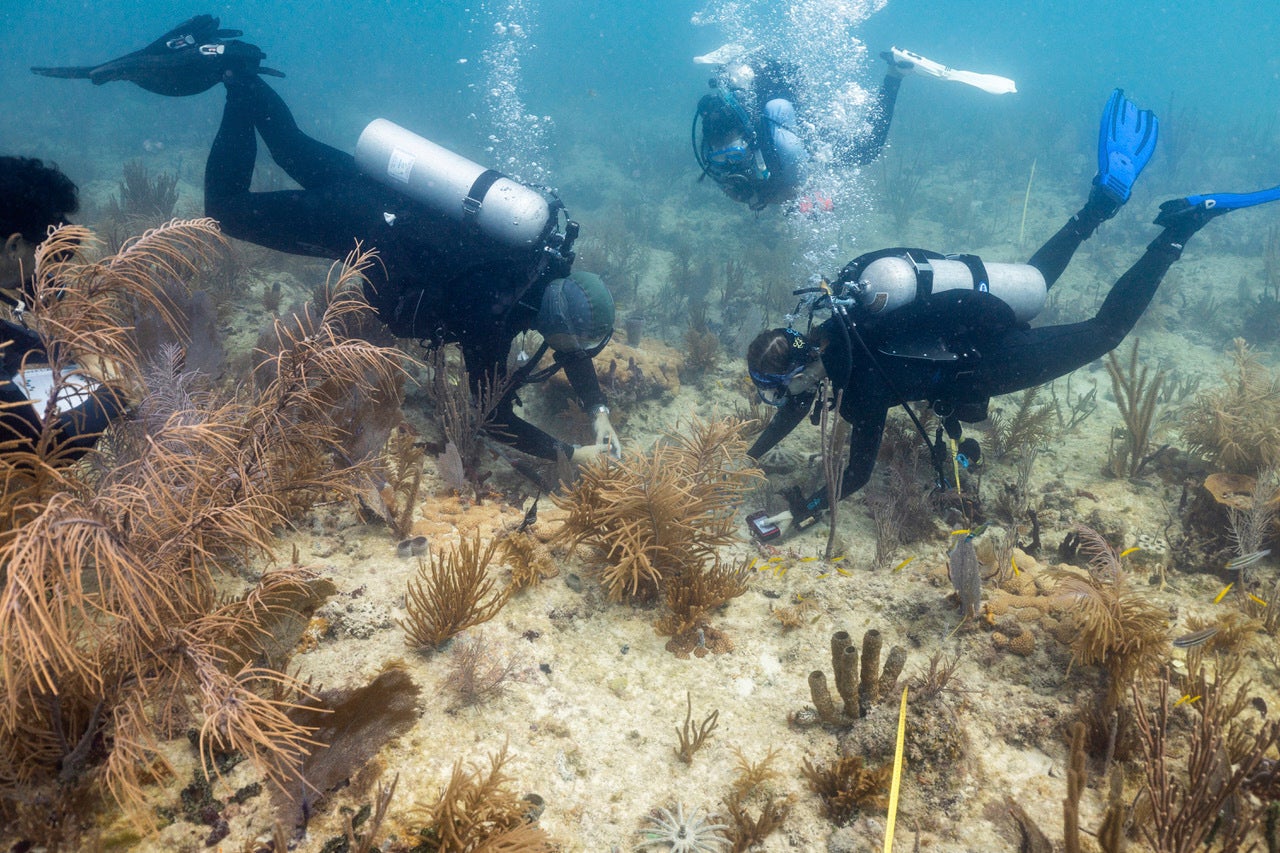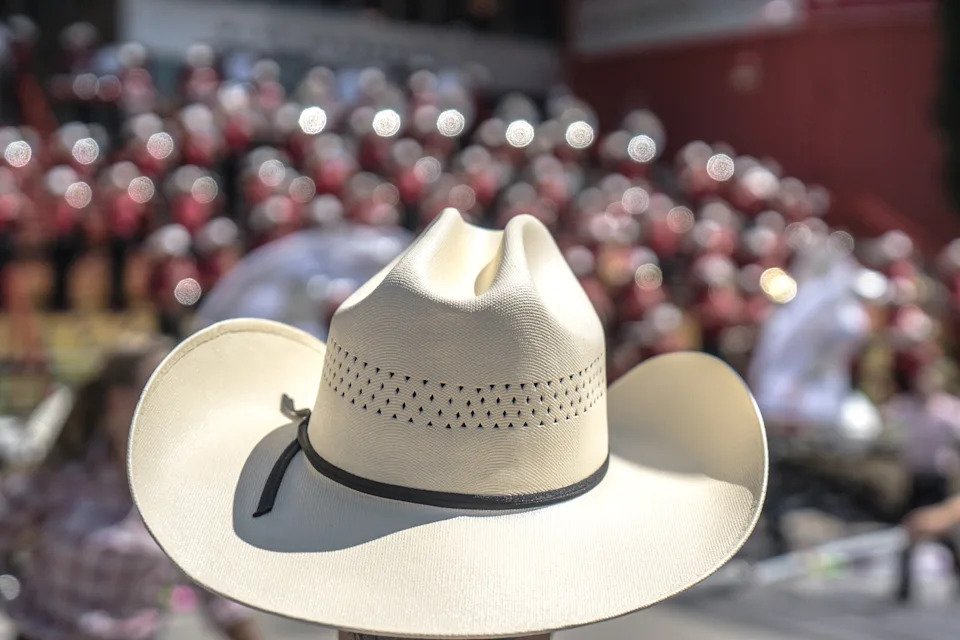Scientists are transplanting crossbred coral fragments onto a Miami reef, devastated by bleaching two years ago.
This collaborative effort by the University of Miami, the Florida Aquarium, and Honduras-based Tela Coral aims to help reefs survive rising ocean temperatures due to global warming and climate change.
Andrew Baker, a professor of marine biology and ecology at the University of Miami’s Rosenstiel School and director of the Coral Reef Futures Lab, commented as divers planted the corals: “It’s the end of a very long process.” This Caribbean coral introduction strategy evolved over recent years.
“We had this idea that we really needed to try to help Florida’s coral reef by introducing more diversity from around the Caribbean, recognizing that some of the biggest threats to corals, like climate change, are really global phenomena and if you try to have Florida’s reefs save themselves on their own, we could give them some outside help,” Baker said.
Coral breeding has also been done in Hawaii, where in 2021, scientists were working to speed up the coral’s evolutionary clock to breed “super corals” that can better withstand the impacts of global warming.
Why crossbreed with corals from Honduras?
Baker’s group teamed with the Florida Aquarium and Tela Coral, bringing in fragments of corals from a warm reef off of Tela, Honduras, which spawned in tanks at the aquarium.
“We were able to cross the spawn from those corals, the sperm and the eggs, to produce babies. One parent from Florida, one parent from Honduras,” Baker said.
They chose the reef off of Tela because the water is about 2 degrees Celsius (35.6 degrees Fahrenheit) warmer than the water off the coast of Florida.
“And yet the corals in those environments, and especially the Elkhorn corals, are really thriving,” Baker said.

He noted that there are extensive beds that are hundreds of meters long, full of flourishing Elkhorn.
“And yet they survive there despite really warm conditions and also quite nutrient-polluted waters,” Baker said.
The conditions are similar to those Florida will face over the next century, Baker said.
It’s also the first time international crossbreeding of corals has been permitted for planting onto wild reefs.
“So we’re really excited to see how these do,” he said.
The hope is the corals will be more “thermally tolerant,” which Baker and the team will be testing throughout the summer.
What are Elkhorn corals?
Elkhorn corals are some of Florida’s most iconic species and are valuable because they form the crest of the reef, Baker said.
“And the reef is what protects shorelines from storms and flooding. So if you have healthy Elkhorn coral populations, you have a great reef that is acting almost like a speed bump over which waves and storms pass and dissipate their energy before they hit the coast,” he said.
Elkhorn corals are in serious decline, thanks in part to the coral bleaching in 2023 and warming sea temperatures, Baker said.
While coral get their bright colors from the colorful algae that live inside them, prolonged warmth causes the algae to release toxic compounds. The coral ejects them, and a stark white skeleton — referred to as coral bleaching — is left behind, and the weakened coral is at risk of dying.
“We’ve lost maybe more than 95% of the Elkhorn corals that were on Florida’s reefs at that point,” Baker said.
Some of the corals spawned in the Florida Aquarium’s laboratory arrived there in 2020, said Keri O’Neil, director and senior scientist with the aquarium’s Coral Conservation Program.
She said more fragments from Honduras and Florida will continue to live at the center.
“We hope that every year in the future we can make more and more crosses and continue to figure out which parents produce the best offspring,” O’Neil said.
How do they plant the corals on the reef?
The tiny Elkhorn coral fragments were placed onto small concrete bases along the reef on Tuesday.
“We’ve arranged them in a certain way that we can compare the performance of each of corals,” Baker said.
The team will study how the corals that have a Honduran parent compare to the ones that are entirely from Florida.
“But it’s really the future that we’re looking to and in particular, a warming future and a warming summer, how these corals do and do they have more thermal tolerance than the native Florida population, because that’s really what the goal of the whole project is,” he said.
Baker said it’s the most exciting project he’s worked on during his 20-year stint at the University of Miami.
Hope for the future
If the corals thrive, it could provide a blueprint for working across the Caribbean to share corals.
“This is a project about international collaboration, about the fact that our environment really doesn’t have closed borders, that we can work together to make things better in the world,” said Juli Berwald, co-founder of Tela Cora. “And it shows that when we talk to each other, when we work together, we can really do something that might be life-changing, not just for us but for the corals and the reefs and all the animals that rely on the reefs.”








